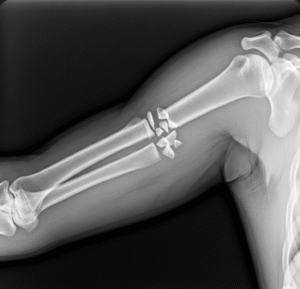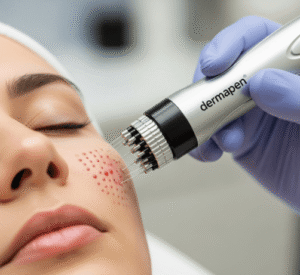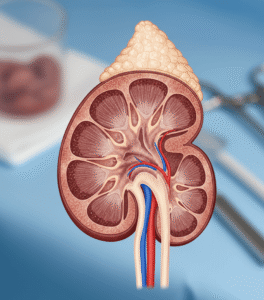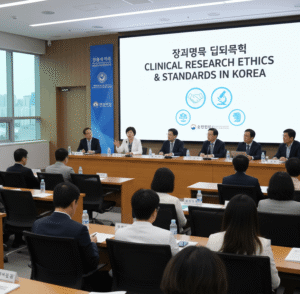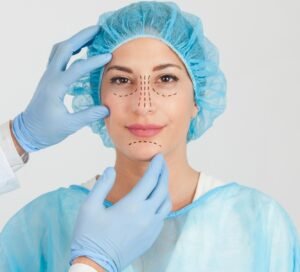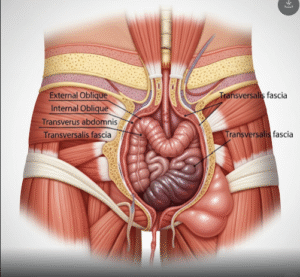Overview
Genetic disorders are conditions caused by abnormalities in an individual’s DNA or chromosomes. These abnormalities can be inherited from parents or arise spontaneously. Genetic disorders can affect any part of the body, influencing metabolism, growth, development, or organ function. South Korea provides advanced genetic testing, counseling, and treatment services to help diagnose and manage these conditions.
What are Genetic Disorders?
Genetic disorders occur when there are changes in one or more genes or in chromosome structure or number. They are generally classified as:
- Single-gene disorders: Caused by mutations in a specific gene (e.g., cystic fibrosis, sickle cell anemia).
- Chromosomal disorders: Caused by abnormalities in chromosome number or structure (e.g., Down syndrome, Turner syndrome).
- Multifactorial disorders: Result from a combination of genetic and environmental factors (e.g., some heart diseases, diabetes).
Symptoms
Symptoms vary widely depending on the specific disorder but may include:
- Developmental delays or intellectual disabilities
- Physical abnormalities (e.g., facial features, limb differences)
- Growth delays or failure to thrive
- Organ dysfunction (heart, liver, kidneys)
- Neurological symptoms (seizures, movement disorders)
- Metabolic abnormalities (e.g., inability to process certain nutrients)
Causes
- Inherited mutations from one or both parents
- Spontaneous gene mutations
- Chromosomal abnormalities (extra, missing, or rearranged chromosomes)
- Environmental factors that may influence gene expression
Risk Factors
- Family history of genetic disorders
- Consanguinity (parents related by blood)
- Advanced maternal or paternal age
- Certain populations with higher prevalence of specific genetic conditions
Complications
- Chronic illnesses or organ dysfunction
- Developmental or intellectual disabilities
- Reproductive challenges and risk of passing the disorder to offspring
- Reduced quality of life or shortened lifespan in severe cases
Prevention
- Genetic counseling before conception for at-risk couples
- Prenatal screening and diagnostic tests (e.g., amniocentesis, chorionic villus sampling)
- Carrier testing for common inherited disorders
- Early interventions and lifestyle adjustments to manage risk factors
Treatment Options in Korea
South Korea offers comprehensive care for genetic disorders, including diagnosis, management, and long-term support:
- Genetic Testing and Diagnosis
- Blood tests and DNA analysis to identify gene mutations
- Chromosomal analysis for syndromic conditions
- Next-generation sequencing (NGS) for complex disorders
- Medical Management
- Symptom-specific treatments (e.g., enzyme replacement therapy for lysosomal storage disorders)
- Medications to manage complications like seizures, metabolic imbalances, or heart defects
- Surgery for structural abnormalities
- Therapies and Rehabilitation
- Physical, occupational, and speech therapy for developmental support
- Behavioral therapy for neurodevelopmental disorders
- Nutritional support and metabolic management
- Specialist Clinics
- Major hospitals such as Severance Hospital, Samsung Medical Center, and Asan Medical Center provide multidisciplinary genetic care
- Access to clinical trials and innovative therapies
- Genetic Counseling and Support
- Counseling for families regarding inheritance patterns, reproductive planning, and long-term care
- Psychosocial support and education for patients and caregivers




